Scientists merged human brain-like tissue with a computer chip and taught tiny robots how to navigate obstacles and grasp items.
Scientists take another step towards organoid ‘hybrid intelligence.’
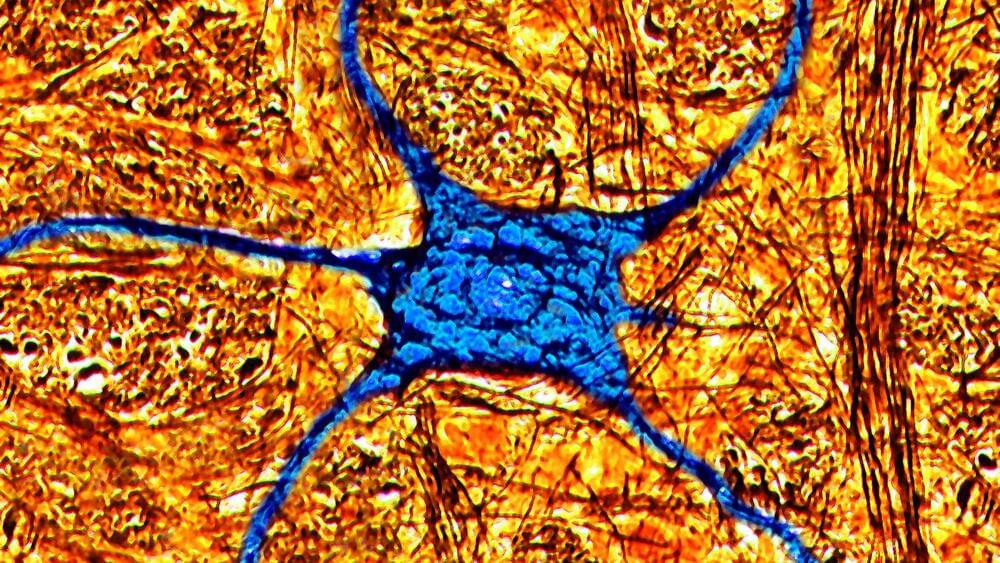

As artificial intelligence (AI) becomes increasingly ubiquitous in business and governance, its substantial environmental impact — from significant increases in energy and water usage to heightened carbon emissions — cannot be ignored. By 2030, AI’s power demand is expected to rise by 160%. However, adopting more sustainable practices, such as utilizing foundation models, optimizing data processing locations, investing in energy-efficient processors, and leveraging open-source collaborations, can help mitigate these effects. These strategies not only reduce AI’s environmental footprint but also enhance operational efficiency and cost-effectiveness, balancing innovation with sustainability.
Page-utils class= article-utils—vertical hide-for-print data-js-target= page-utils data-id= tag: blogs.harvardbusiness.org, 2007/03/31:999.386782 data-title= How Companies Can Mitigate AI’s Growing Environmental Footprint data-url=/2024/07/how-companies-can-mitigate-ais-growing-environmental-footprint data-topic= Environmental sustainability data-authors= Christina Shim data-content-type= Digital Article data-content-image=/resources/images/article_assets/2024/06/Jul24_04_1298348302-383x215.jpg data-summary=
Practical steps for reducing AI’s surging demand for water and energy.
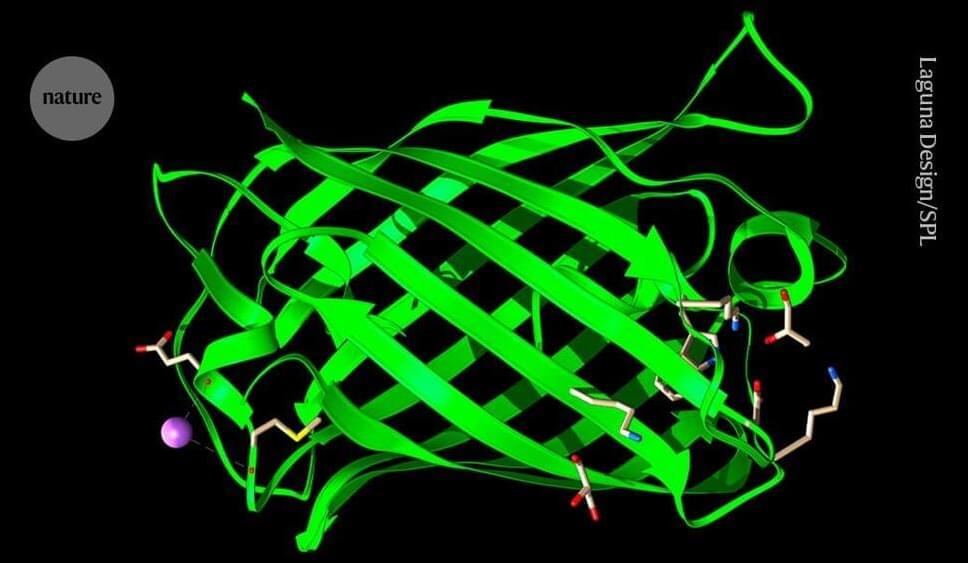
“We want to build tools that can make biology programmable,” says Alex Rives, the company’s chief scientist, who was part of Meta’s efforts to apply AI to biological data.
EvolutionaryScale’s AI tool, called ESM3, is what’s known as a protein language model. It was trained on more than 2.7 billion protein sequences and structures, as well as information about these proteins’ functions. The model can be used to create proteins to specifications provided by users, akin to the text spit out by chatbots such as ChatGPT.
“It’s going to be one of the AI models in biology that everybody’s paying attention to,” says Anthony Gitter, a computational biologist at the University of Wisconsin–Madison.
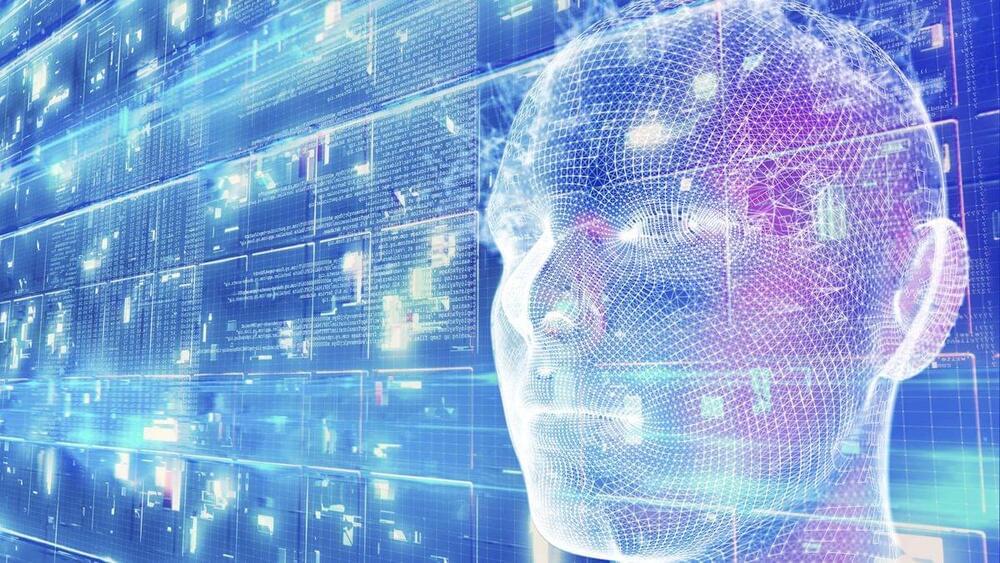
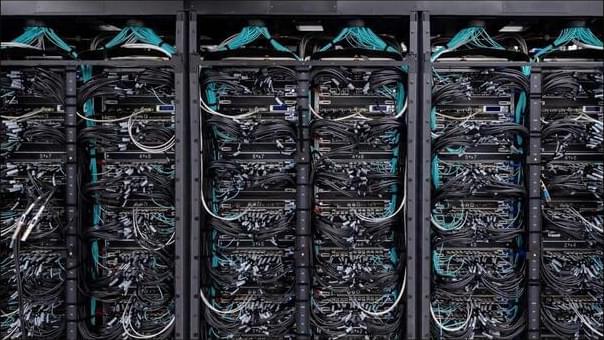

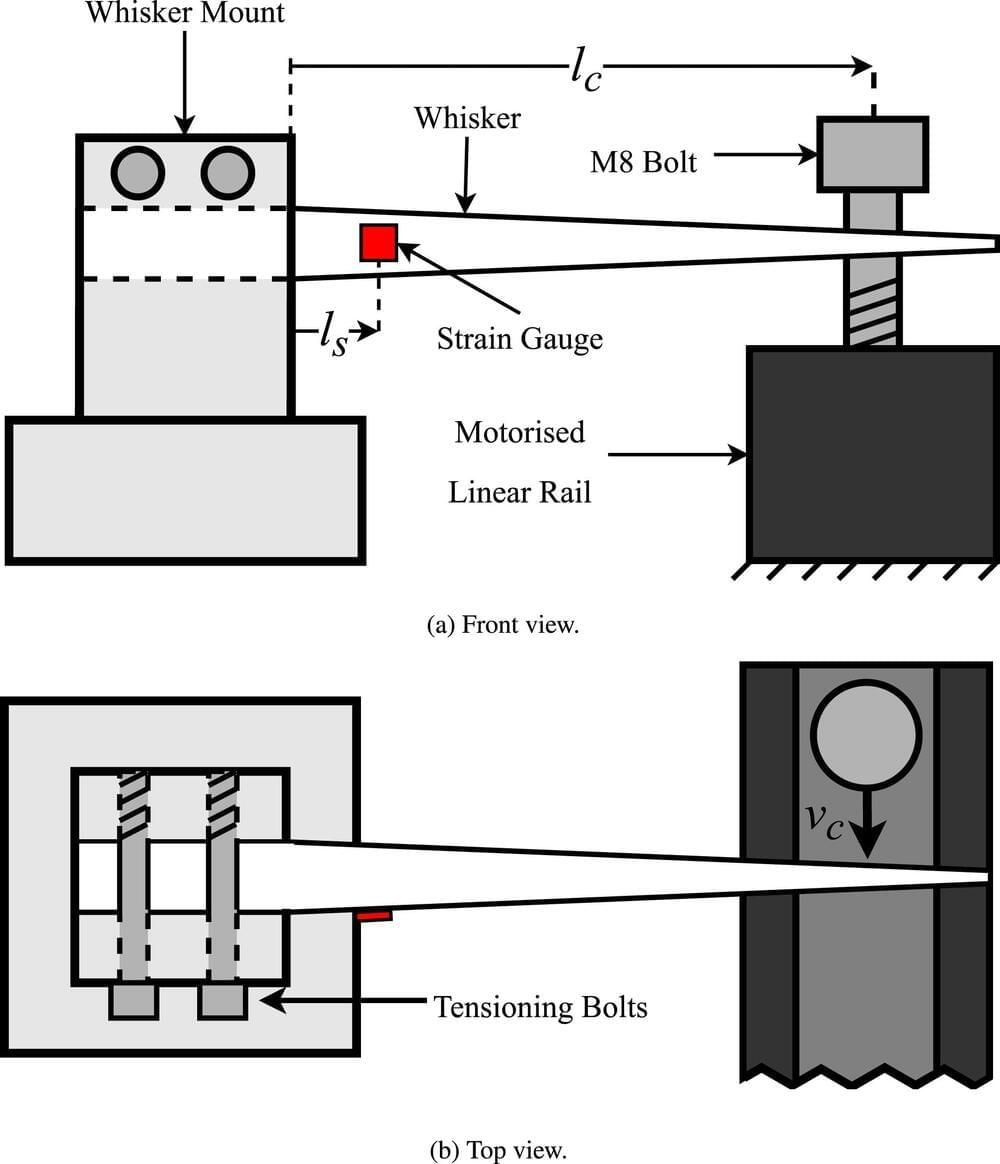
Taking inspiration from the animal kingdom, Flinders University researchers are developing affordable, flexible and highly responsive ‘whiskers’ to attach to robots. Their article, “Optimising electromechanical whisker design for contact localisation,” has been published in the journal Sensors and Actuators A: Physical.
While lasers and camera vision is used to instruct robot movement, the additional support of light-weight, cheap and flexible whiskers would give workplace and domestic robots additional tactile abilities in confined or cluttered spaces.
Like a rat’s whiskers, these sensors can be used to overcome a robot’s range-finder or camera blind spots which may not ‘see’ or register an object close by, says Flinders College of Science and Engineering Ph.D. candidate Simon Pegoli. Additionally, whiskers uncover properties of objects, such as moveability, not possible with camera or regular range-finder sensors.
Tesla’s autopilot technology and the increasing affordability of electric vehicles are set to revolutionize the transportation industry, making transportation as a service cheaper and safer, and leading to a significant drop in oil demand and potential geopolitical implications Questions to inspire discussion How safe.
In January 2024, Figure signed its first commercial agreement with BMW to deploy its humanoid robot in the German carmaker’s production facility in Spartanburg, South Carolina.
Now, the California-based robotics firm has released a video showcasing its 1 humanoid robot executing its first job by…
Figure’s humanoid robot, deployed at BMW’s facility, demonstrates full autonomy in vehicle assembly, guided by neural network-driven actions.
